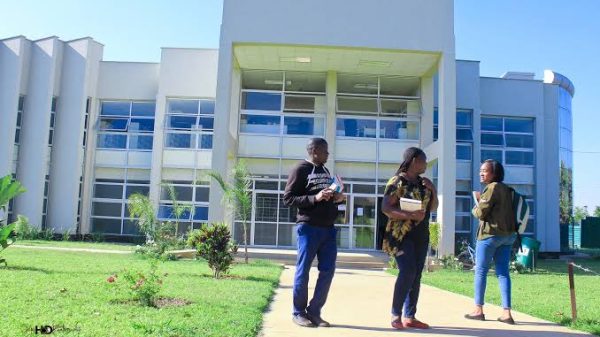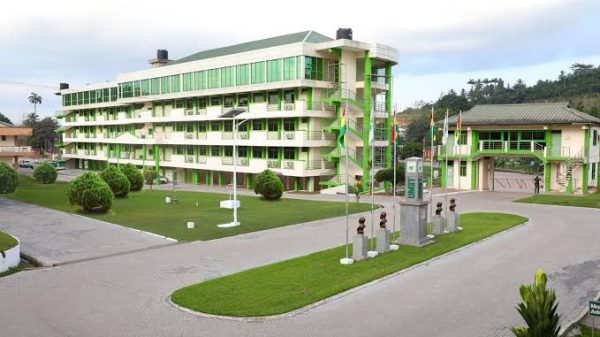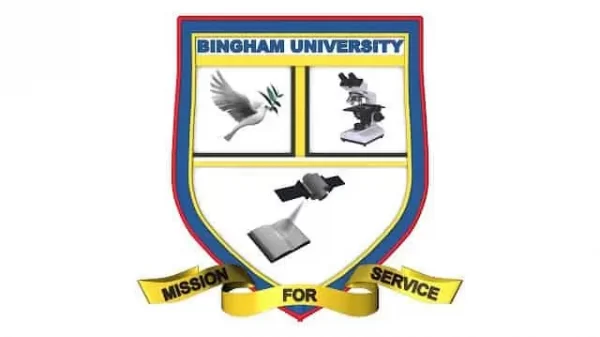Are You Looking For The List Of Courses Offered In Universities Of Science And Technology?
Have You Been Searching For The List Of Courses Offered In Universities Of Science And Technology?
In today’s rapidly evolving world, the demand for professionals skilled in science and technology has never been higher.
Universities of Science and Technology play a pivotal role in providing specialized education and training in these fields.
Whether you’re a high school student considering your college options or a professional seeking to enhance your knowledge, this article will serve as a comprehensive guide to the various courses offered in these esteemed institutions.
Let’s delve into the exciting world of science and technology education!
List Of Courses Offered In Universities Of Science And Technology;
1. Computer Science and Engineering
2. Electrical Engineering
3. Mechanical Engineering
4. Civil Engineering
5. Biotechnology
6. Environmental Science
7. Aerospace Engineering
8. Data Science and Analytics
9. Robotics and Automation
10. Software Engineering
1. Computer Science and Engineering
Computer Science and Engineering programs offer a deep understanding of computer systems, algorithms, programming languages, and software development.
Students learn to design and develop innovative solutions, explore artificial intelligence, cybersecurity, data science, software engineering, and more.
2. Electrical Engineering
Electrical Engineering programs focus on the study of electrical circuits, power systems, electronics, telecommunications, and control systems.
Students gain expertise in designing, analyzing, and troubleshooting electrical and electronic systems while keeping up with the latest advancements in renewable energy and sustainability.
3. Mechanical Engineering
Mechanical Engineering programs equip students with knowledge in designing, analyzing, and manufacturing mechanical systems.
Areas of study include thermodynamics, fluid mechanics, materials science, robotics, and automation. Graduates often pursue careers in aerospace, automotive, energy, and manufacturing industries.
4. Civil Engineering
Civil Engineering programs train students in the design, construction, and maintenance of infrastructure projects. Courses cover topics such as structural analysis, geotechnical engineering, transportation systems, environmental engineering, and urban planning. Graduates contribute to the development of sustainable cities and infrastructure.
5. Biotechnology
Biotechnology programs combine biology, chemistry, and engineering principles to develop solutions in healthcare, agriculture, and environmental sectors. Students explore genetic engineering, bioinformatics, pharmaceutical sciences, and molecular biology. Graduates often work in research labs, pharmaceutical companies, or pursue further studies in specialized fields.
6. Environmental Science
Environmental Science programs focus on understanding and managing the environment and natural resources. Students study ecology, conservation biology, climate change, environmental policy, and sustainable practices. Careers in environmental consulting, conservation organizations, and governmental agencies await graduates.
7. Aerospace Engineering
Aerospace Engineering programs prepare students for the design, development, and maintenance of aircraft and spacecraft. Courses cover aerodynamics, flight mechanics, propulsion systems, materials science, and space exploration. Graduates may work in the aerospace industry or research institutions.
8. Data Science and Analytics
Data Science and Analytics programs teach students how to extract insights from large datasets using statistical analysis and machine learning techniques. Topics covered include data mining, data visualization, predictive modeling, and data-driven decision-making. Graduates find employment in diverse industries, including finance, healthcare, and marketing.
9. Robotics and Automation
Robotics and Automation programs explore the integration of mechanical, electrical, and computer engineering to develop autonomous systems and robots.
Students gain skills in control systems, machine learning, computer vision, and human-robot interaction. Career opportunities exist in industries such as manufacturing, healthcare, and logistics.
10. Software Engineering
Software Engineering programs focus on the design, development, and maintenance of software systems. Students learn programming languages, software testing, user experience design, and project management. Graduates are in high demand across various industries, including technology, finance, and gaming.










